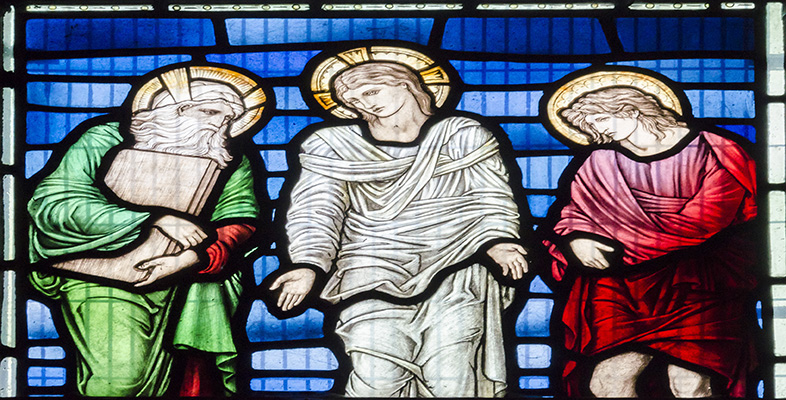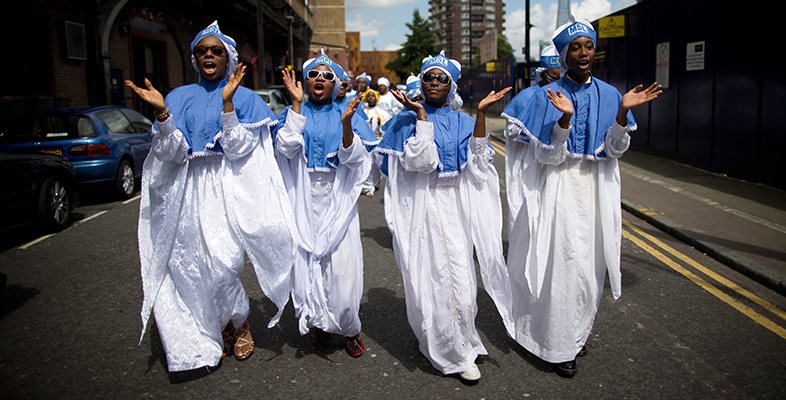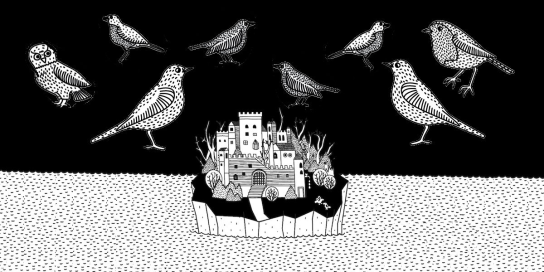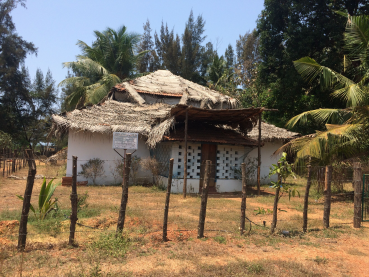We are profoundly ignorant about many things in life – what happens after death is just one of them. In our everyday lives, few of us are experts in things like electrics or telecommunications equipment, not to mention the economic system or global climate issues.
At the same time, there is a popular distrust of many ‘experts,’ with fears that there are hidden or self-serving agendas at play.
How do we make decisions from a position of ignorance? How can we evaluate beliefs – such as the existence of God, or life after death – for which there is a general scarcity of evidence?
We don’t have enough information for many important decisions in our lives.
In these cases, we act from a position of relative ignorance. What to believe, or who to trust is becomes a subjective and social decision.
In exploring why people might give credence to ideas which may seem inexplicable, my colleague Amanda van Eck Duymaer van Twist and I have identified several important strategies:
1) Trust in experts: We might look towards external certifications, peer review, or life experience in trying to seek the testimony of those who know more than we do about a subject.
2) Trust in peer groups: Friends or colleagues’ opinions about ‘who to trust’ can be very influential. Sometimes offering contrary opinions or promoting alternative authorities can lead to ostracization from social networks.
3) Trust in personal experience: We each have our past experiences which moderate our judgement of experts and peer groups. But sometimes we all use ‘gut instincts’ or ‘intuition’ as an important deciding factor in who or what to trust.
--
By thinking about sources for trust and asking critical questions about the effects of beliefs and practices, we can start to more judiciously evaluate beliefs and their associated actions.
For example, we can ask:
- Do these beliefs provide hope and meaning to those who hold them?
- What are the actions people take in response to specific beliefs?
- To what extent do these beliefs and associated activities serve to enrich and help the lives of those who hold them?
- Do associated actions or activities cause harm?
- Are harmful practices or experiences being reinterpreted, rationalised or explained away?
By asking these kinds of questions, it also becomes easier to raise specific objections to beliefs and practices which might cause harm. While other beliefs and practices, even if they cannot be proved ‘true’ – can be very useful and even beneficial for their adherents.
Even if we remain relatively ignorant about things - like what happens after death, we can still evaluate the application of these beliefs and associated practices in people’s lives.






Rate and Review
Rate this video
Review this video
Log into OpenLearn to leave reviews and join in the conversation.
Video reviews